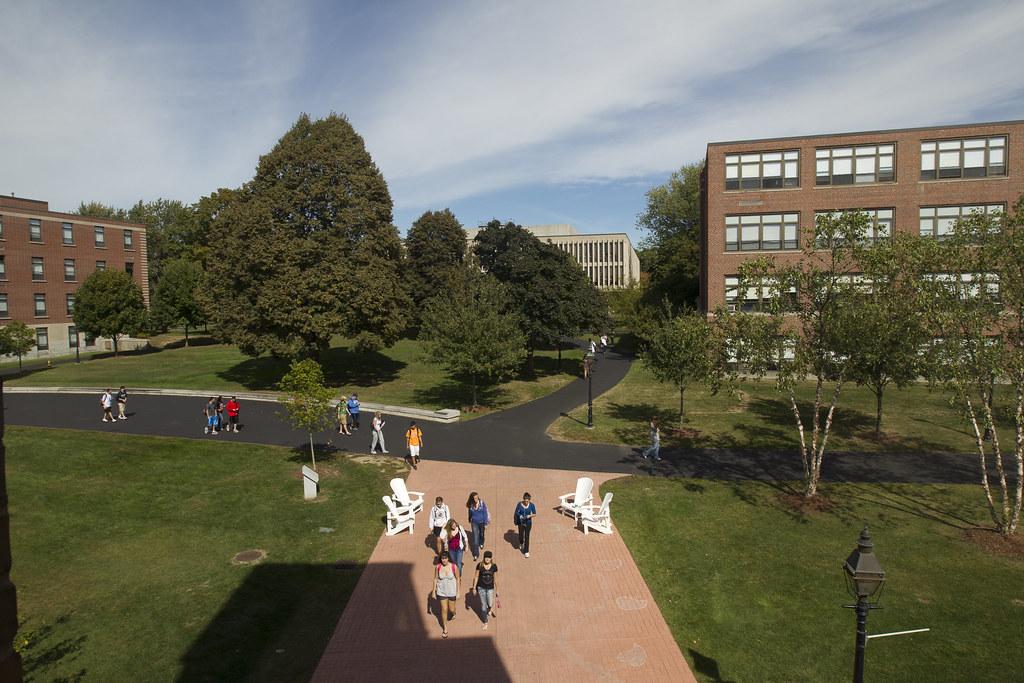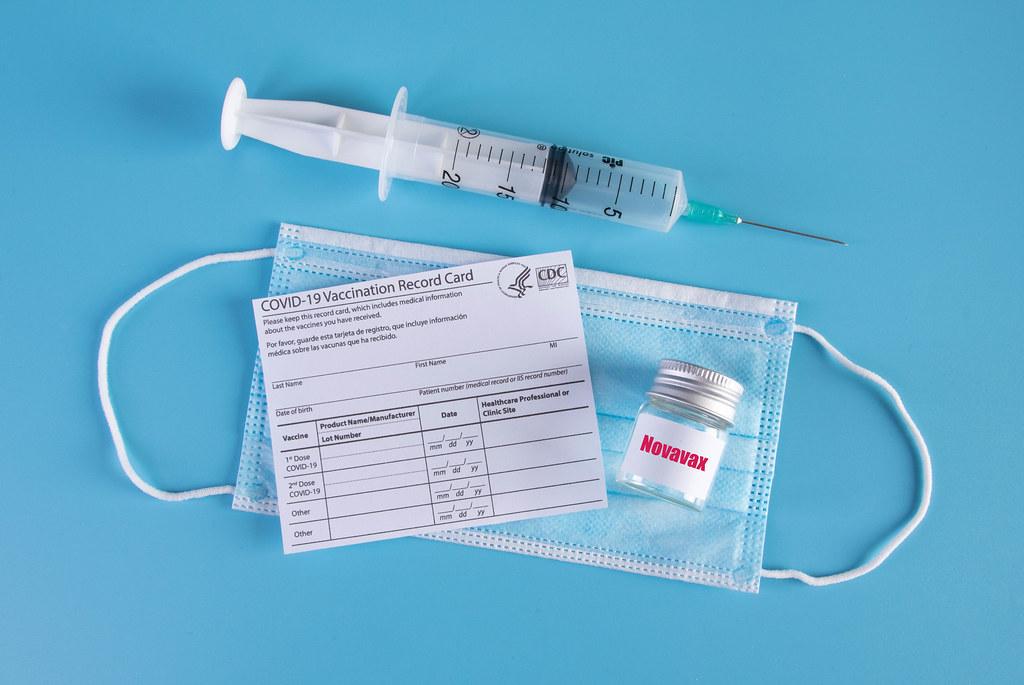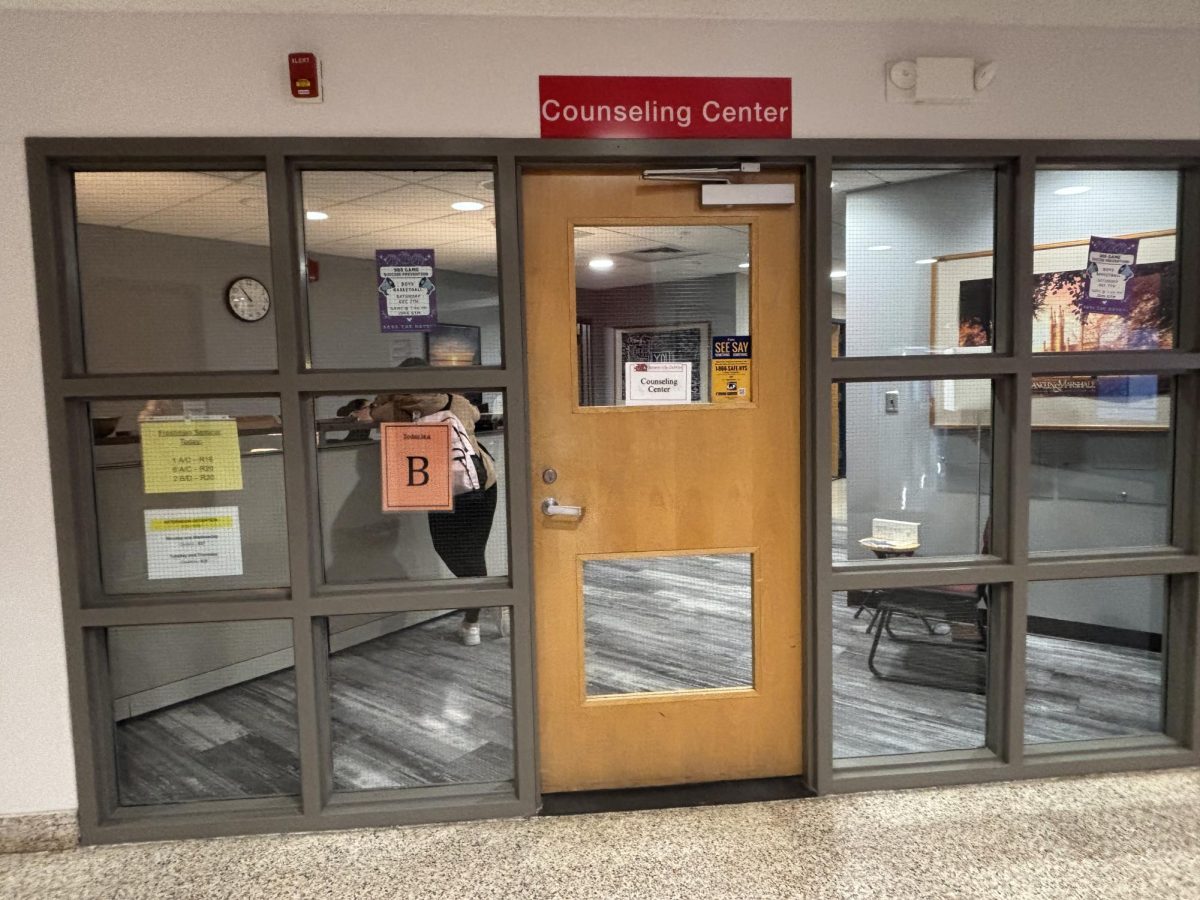This year, the college admissions process, like nearly all other aspects of life, was significantly different. Factors that have never played a heavy role in admissions before became crucial to the decision process, including deferred students, test-optional students, increased applications, incomplete resumes, extensive waitlists, and so on. Many colleges boasted record low acceptance rates this year to the benefit of the school, but not quite prospective students.
In the midst of the COVID-19 pandemic and all of the struggles that came with it (online learning, isolation, etc.), many students admitted to college in the fall of 2020 deferred their admissions until this year. With the majority of these deferred students making up a portion of the incoming freshman class, many colleges were unable to offer as many acceptances to applicants from the class of 2021.
For many students, online learning was a struggle. Technical difficulties, miscommunication, and loss of motivation defined this era, all of which were understandably reflected in dropping grade point averages. Fortunately, most colleges realized this, and moved away from stressing the grade and rather focusing on the rigor of the course.
In recent years, standardized test scores have been becoming increasingly impactful to an applicant’s academic resume. Essentially, the difference between an acceptance and a rejection could have laid within a thirty point score range. In 2020, however, COVID-19 guidelines (social distancing, quarantining, etc.) challenged the typical standardized testing environment. Demand for testing locations was high, and a lack of supply stripped many students of their opportunity to take standardized tests such as the SAT. Other students were not comfortable taking the risk of possible exposure to COVID-19 while sitting in a room with strangers for four hours. Many colleges recognized these unprecedented circumstances and transitioned to test-optional admissions, leading to an increase in the number of students applying to selective colleges. Harvard University, for example, received more than 57,000 freshman applications for next fall’s entering class, an increase of 42% from the year prior.
Extracurriculars have also been difficult to come by due to certain COVID-19 restrictions. Many sports seasons have been postponed, clubs have withered into a handful of members, volunteer opportunities have become sparse, internships have been cancelled — all leaving kids with a blank page in place of their activity resume. It’s not that kids don’t want to participate in these diverse activities; it’s that they can’t. This harsh realization has left many students’ applications more than lacking, and forced colleges to take a more holistic view of the student’s application (perhaps for the best) and seek how applicants were able to maximize limited opportunities.
With all of these factors in consideration, colleges have struggled to make finite decisions. Consequently, waitlists this year were longer than ever before. In one case, for instance, a college may admit the majority of students that apply Early Action, then reject most students applying regular decision, despite having stronger applicants in the latter application pool. However, students who are waitlisted might find they have increased odds of getting admitted because of uncertainty of where students who have applied to an abundant amount of schools will enroll.
COVID-19 seems to be the “gift” that simply keeps on giving — this gift just happened to be dropping acceptance rates for most schools and creating an even more competitive and stressful environment for already anxious applicants. Hope is not lost for applicants, though. A small silver lining seems to be that with less emphasis on certain aspects of the traditional application, the spotlight has been shifted to other supplements that often provide a better idea of the applicant on the personal level, including demonstrated interests, interviews, essays, etc. Despite struggle, students prevailed, and ultimately made their college decision on May 1.




































